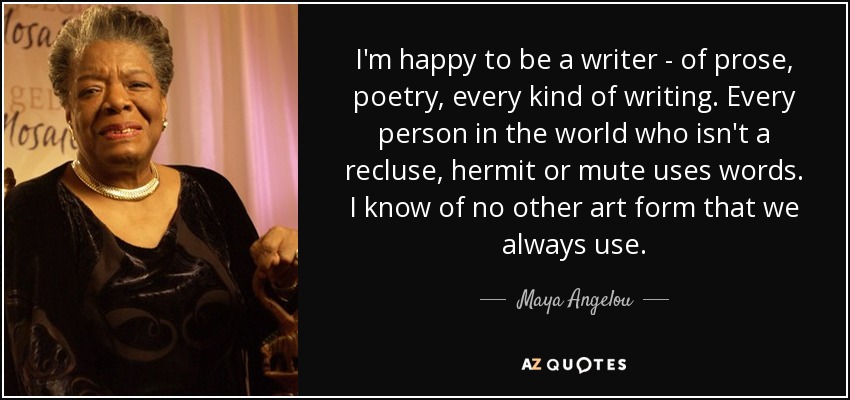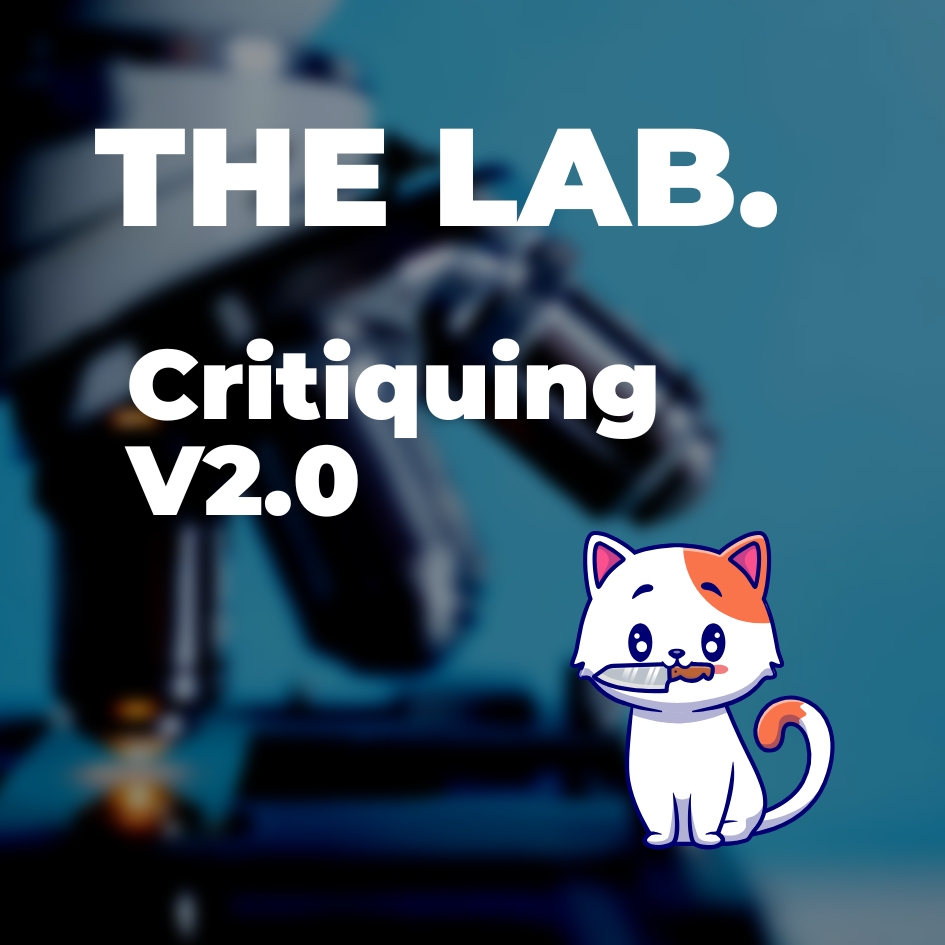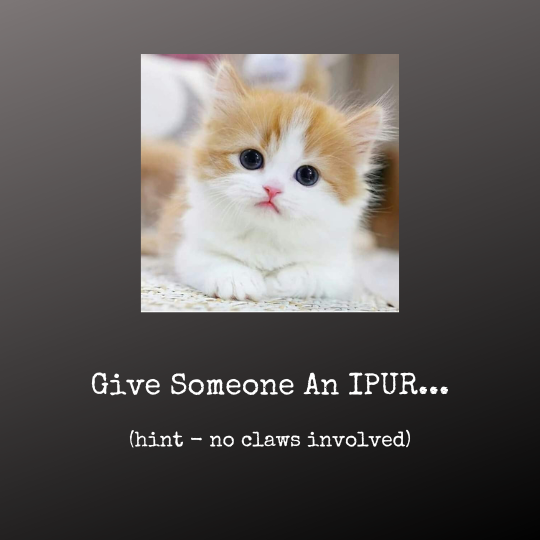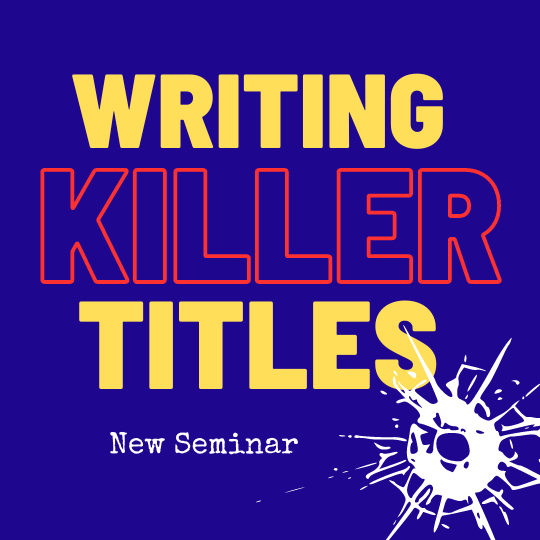Paul Whybrow
Full Member
How happy are you, with the state of your writing? We're all readers, an activity that, on the whole, makes us happy—while occasionally causing steam to come out of our ears, as we wonder how this piece of crap ever got published! 
As with any emotion, there are levels of happiness. At the moment, I'm five chapters into my WIP, the fifth novel in my Cornish Detective series, and I'm in a peculiar state of heart and mind, in that I'm satisfied with the opening, but slightly frustrated at the word count. This is because I've chosen to do most of the editing as I go along, rather than leaving everything until I type The End. I know this method works better for me, for not only do I winkle out more errors and stylistic lapses, but staying in the moment of the situation deepens my understanding of what's going on in my characters' minds, strengthening how I portray them. It's a wise way for me to work, but wisdom seldom brings elation!
Nevertheless, writing is addictive, and I'm happiest when actually adding more to my story.
Overall, I have a sense of contentment with how my writing career is going, for I've completed four novels in the last three years, as well as creating eight fresh short stories in 2017. I knew, when I started out, that it would take ages to achieve recognition, but, for once, I turned my stubbornness into an asset. In entering the jungle that is the world of publishing, I didn't expect to find an easy route to success.
Of course, there are tons of frustration and uncertainty, but I have faith in my abilities and I look forward to learning more about my craft. I'm happy to say I'm a writer when strangers ask me what I do as a job, though that usually encourages a blizzard of daft questions, that makes me wish I'd said I was an accountant. If you've written anything, then you should be proud of yourself: thousands of people say they've "got a book in them", but do nothing about it.
As far as I've gone, it's all been good, even scaling such steep learning curves as how to format an ebook. The idea of being commercially successful as a writer makes me more doubtful than happy. I'm not even sure that chasing a traditional publishing deal is the way that I want to go, so should a book company make me an offer, I wouldn't be ecstatic, I'd immediately look for the catches, as well as doubting their sanity.
Famed editor and writer William Maxwell observed, in one of his short stories, that:
Happiness is the light on the water. The water is cold and dark and deep.
(I wish that I'd known him and his wife.)
This certainly applies to how I feel about creating my stories, which float as sunbeams upon the impenetrable world of publishing. For me, writing stories isn't a means to an end, that of fame and financial reward. I can't not write, but whether my novels will ever delight a reader is unknowable. I'm simply glad that they make me happy. Some would say that's delusional, but fools are often merry.
You need a sense of humour to be a writer. As singer and actress Reba McEntire advised:
To succeed in life you need three things: a wishbone, a backbone and a funny bone.
One thing that parents often advise their children, is, "do a job that makes you happy." Few children recognise the wisdom of that advice, instead chasing jobs that they hope will make them enough money to buy things that will make them happy. I've always had a way with words, but apart from a period in the 1990s writing instructional articles on house renovation and classic vehicle restoration, haven't devoted myself to writing in a way that's pleasurable.
Does writing bring you happiness?
What makes you unhappy about writing?
For me, it's editing, which is why I've gone over to tackling it in bite-sized chunks. Having admitted that, I view editing in the same way as I do querying literary agents—they're irksome tasks, but necessary ones—sure, your ego takes a few knocks, but it's like fighting a boxing match. If you can't stand cuts and bruises, don't get in the ring.
Does your being a writer make your friends and family happy? I've dedicated my novels to eight different friends, three of whom acted as readers for me; I was surprised at how moved they were by this tribute.

As with any emotion, there are levels of happiness. At the moment, I'm five chapters into my WIP, the fifth novel in my Cornish Detective series, and I'm in a peculiar state of heart and mind, in that I'm satisfied with the opening, but slightly frustrated at the word count. This is because I've chosen to do most of the editing as I go along, rather than leaving everything until I type The End. I know this method works better for me, for not only do I winkle out more errors and stylistic lapses, but staying in the moment of the situation deepens my understanding of what's going on in my characters' minds, strengthening how I portray them. It's a wise way for me to work, but wisdom seldom brings elation!
Nevertheless, writing is addictive, and I'm happiest when actually adding more to my story.
Overall, I have a sense of contentment with how my writing career is going, for I've completed four novels in the last three years, as well as creating eight fresh short stories in 2017. I knew, when I started out, that it would take ages to achieve recognition, but, for once, I turned my stubbornness into an asset. In entering the jungle that is the world of publishing, I didn't expect to find an easy route to success.
Of course, there are tons of frustration and uncertainty, but I have faith in my abilities and I look forward to learning more about my craft. I'm happy to say I'm a writer when strangers ask me what I do as a job, though that usually encourages a blizzard of daft questions, that makes me wish I'd said I was an accountant. If you've written anything, then you should be proud of yourself: thousands of people say they've "got a book in them", but do nothing about it.
As far as I've gone, it's all been good, even scaling such steep learning curves as how to format an ebook. The idea of being commercially successful as a writer makes me more doubtful than happy. I'm not even sure that chasing a traditional publishing deal is the way that I want to go, so should a book company make me an offer, I wouldn't be ecstatic, I'd immediately look for the catches, as well as doubting their sanity.
Famed editor and writer William Maxwell observed, in one of his short stories, that:
Happiness is the light on the water. The water is cold and dark and deep.
(I wish that I'd known him and his wife.)
This certainly applies to how I feel about creating my stories, which float as sunbeams upon the impenetrable world of publishing. For me, writing stories isn't a means to an end, that of fame and financial reward. I can't not write, but whether my novels will ever delight a reader is unknowable. I'm simply glad that they make me happy. Some would say that's delusional, but fools are often merry.
You need a sense of humour to be a writer. As singer and actress Reba McEntire advised:
To succeed in life you need three things: a wishbone, a backbone and a funny bone.
One thing that parents often advise their children, is, "do a job that makes you happy." Few children recognise the wisdom of that advice, instead chasing jobs that they hope will make them enough money to buy things that will make them happy. I've always had a way with words, but apart from a period in the 1990s writing instructional articles on house renovation and classic vehicle restoration, haven't devoted myself to writing in a way that's pleasurable.
Does writing bring you happiness?
What makes you unhappy about writing?
For me, it's editing, which is why I've gone over to tackling it in bite-sized chunks. Having admitted that, I view editing in the same way as I do querying literary agents—they're irksome tasks, but necessary ones—sure, your ego takes a few knocks, but it's like fighting a boxing match. If you can't stand cuts and bruises, don't get in the ring.
Does your being a writer make your friends and family happy? I've dedicated my novels to eight different friends, three of whom acted as readers for me; I was surprised at how moved they were by this tribute.





